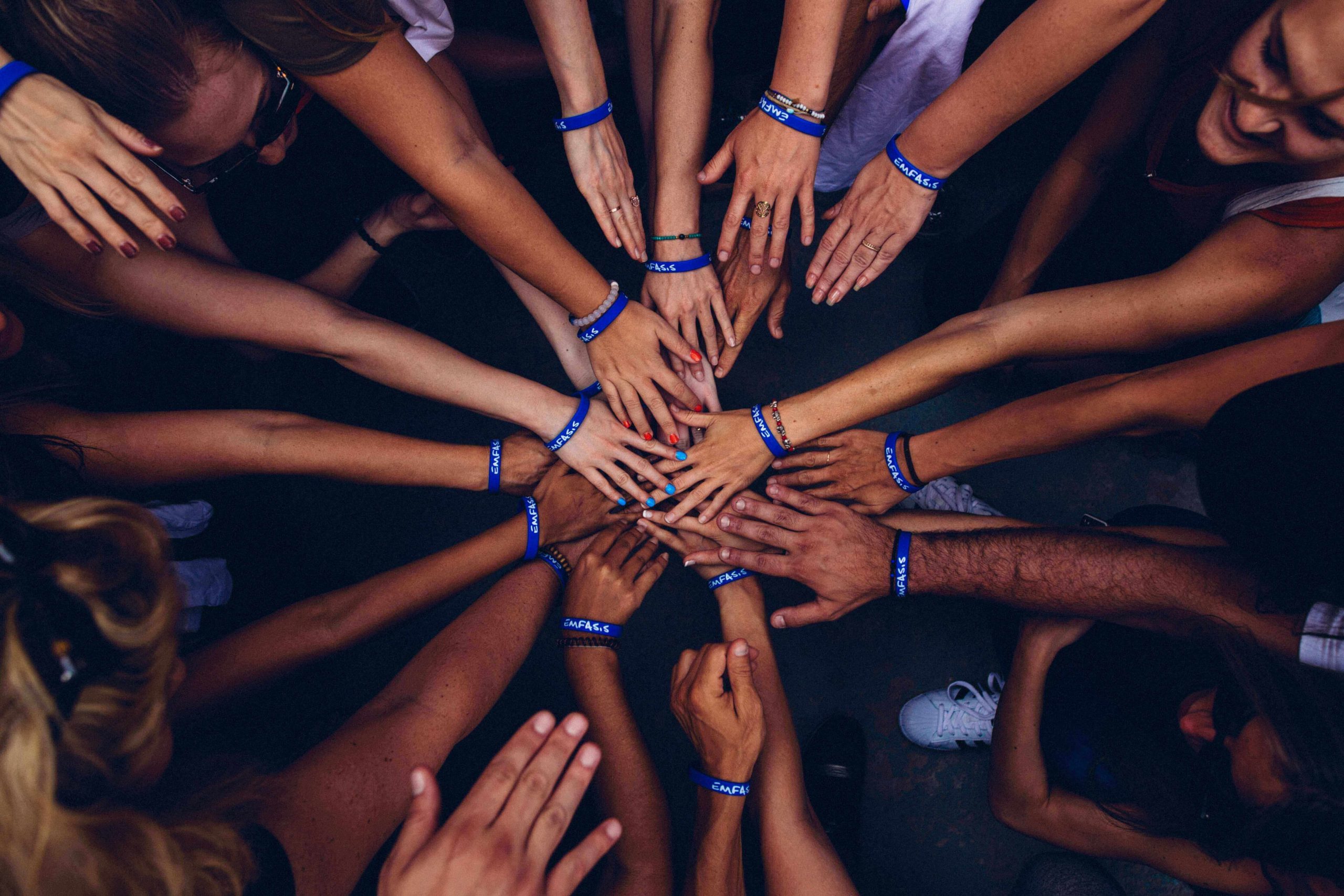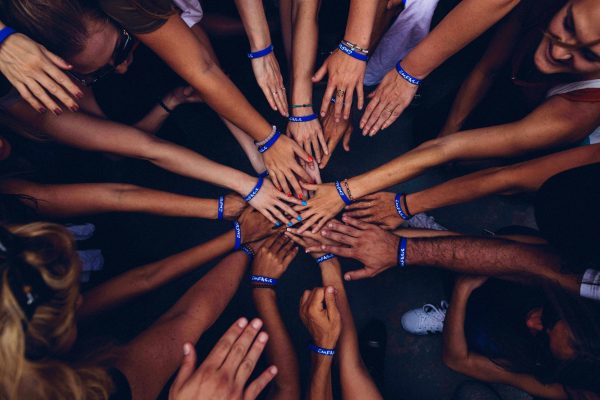
As society has modernized, mental health awareness has become less taboo and more socially respectable to seek help and talk about mental health as a whole. There are millions of Americans that suffer from a mental health disorder every year. Certain things, such as stigma, is very destructive and will only prolong an individual’s mental health disorder. Thus, mental health advocacy is a crucial part of promoting support and healing to those that have also been effect by a mental health disorder or know someone who has been.
What is Advocacy?
Advocacy is a process in which an individual promotes awareness for a specific cause or social issue. Fundamentally, advocacy can consist of policy lobbying, educating, volunteering, donating and so much more. Advocacy can apply to any topic because there is always someone who is passionate about various causes. It usually is best implemented for causes which there is little knowledge or awareness about. People that become advocates are usually those that have been personally affected by the cause they are advocating for because it is easier for them to connect to the issue since they have a better understanding of it.
What is Mental Health Advocacy and Why is It Important?
Even if you do not have a mental health disorder it is extremely important to advocate for those with mental health disorders and it is a touching way to make a difference in your community. Mental health advocacy emerged as families of people with mental health disorders were not being treated equally and were being taken advantage of. As the years went by, and more families were fighting to be heard, organizations joined in and began supporting them. According to the World Health Organization (WHO), “advocacy is considered to be one of the eleven areas for action in any mental health policy because of the benefits that it produces for people with mental disorders and their families.” (1) Due to the number of people that are affected by mental health disorders, advocacy is important because it allows individuals to make informed decisions about their needs and benefits that will help not only themselves but others as well.
Who Is At The Forefront of Mental Health Advocacy?
Organizations such as the National Alliance on Mental Illness (NAMI), Mental Health America (MHA), and the American Foundation for Suicide Prevention (AFSP) are only three of many organizations that are at the forefront of mental health advocacy. NAMI was founded in 1979 and has local chapters and over 500 affiliates that educate and advocate for individuals with a mental illness. MHA was founded in 1909 by Clifford W Beers, has more than 200 affiliates and associates around the US that are working hard to protect the rights of those with mental health disorders. MHA has its own screenings for mental health and other programs that support people at all stages in life. The AFSP was founded in 1987 and is a volunteer-based organization that provides community empowerment through education, research, and advocacy for suicide prevention.
What Do You Need To Know To Be An Advocate For Mental Health?
There are no real guidelines when it comes to being a mental health advocate! All it really takes is a passion to help others and promote the education and awareness of a social topic.
References:
(1) World Health Organization (WHO). “ADVOCACY FOR MENTAL HEALTH,” https://www.who.int/mental_health/policy/services/1_advocacy_WEB_07.pdf.
Images:
Featured Image: Photo by Perry Grone on Unsplash
Image Above: Photo by Christina @ wocintechchat.com on Unsplash





